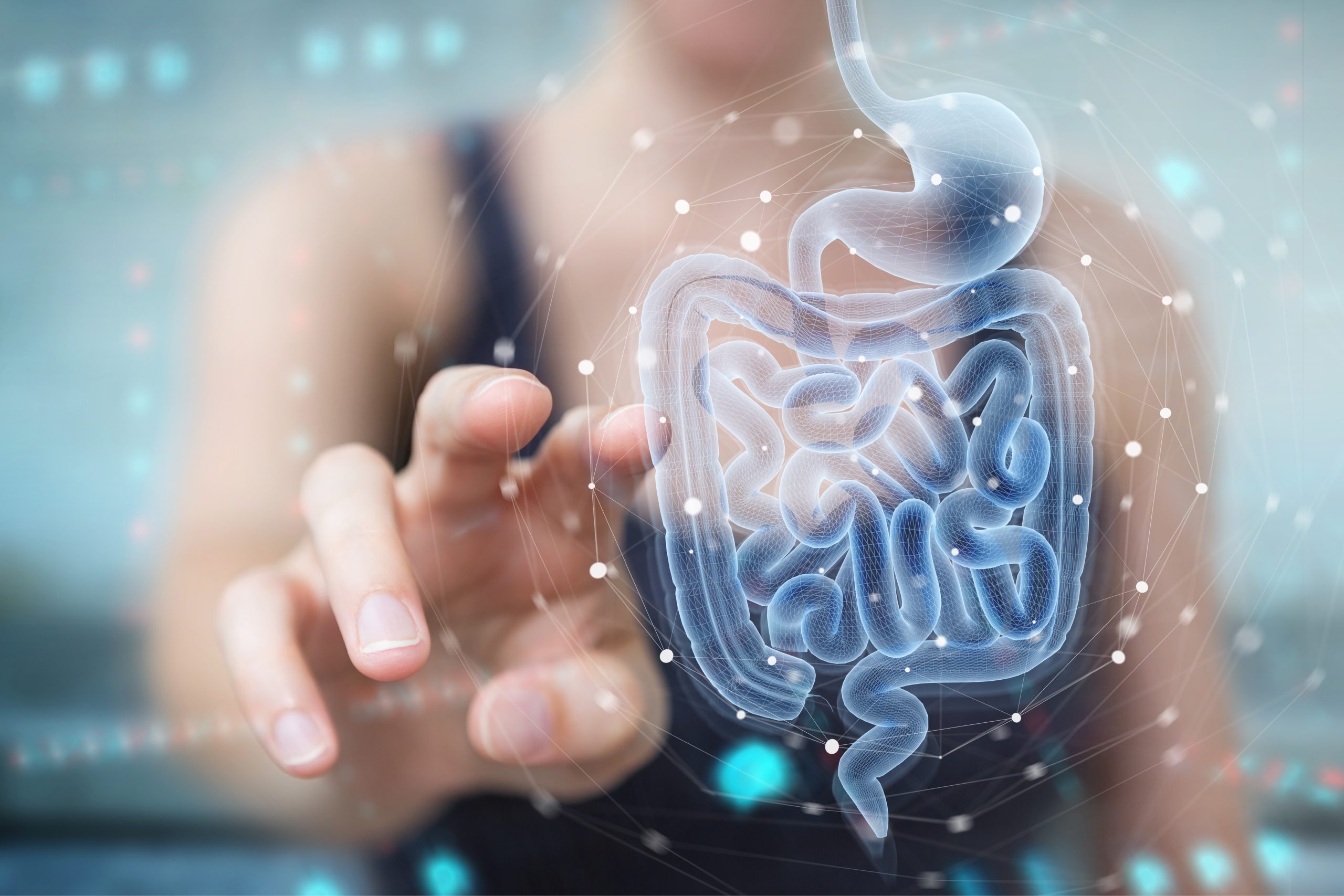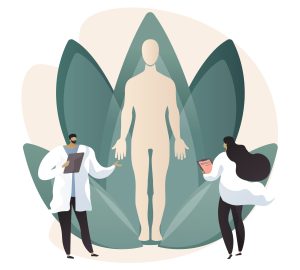early signs of alzheimer’s | Researchers at Washington University School of Medicine have found that the gut microbiome of people in the early stages of Alzheimer’s Disease have a different assortment of bacteria than healthy people. “We don’t yet know whether the gut is influencing the brain or the brain is influencing the gut, but this association is valuable to know in either case,” says co-corresponding author Gautam Dantas, Ph.D., the Conan Professor of Laboratory and Genomic Medicine. “It could be that the changes in the gut microbiome are just a readout of pathological changes in the brain. The other alternative is that the gut microbiome is contributing to Alzheimer’s disease, in which case altering the gut microbiome with probiotics or fecal transfers might help change the course of the disease.”
arthritis treatment
A team at Shriners Children’s St. Louis has created a new arthritis treatment using smart stem cells to minimize symptoms for children and adults. Led by Dr. Farshi Guilak, researchers developed smart cells rewired to sense when an individual is about to have a flare-up and automatically release biologic drugs, similar to those that are injected for arthritis treatment. “In general, kids with juvenile arthritis and adults with rheumatoid arthritis take medications all the time to keep their conditions in check,” Guilak says. “However, those drugs, as helpful as they may be, suppress an individual’s immune system, leaving that person at risk of severe infection.” The smart implants avoid giving high doses of medication when they aren’t needed because as soon as a flare-up subsides, they stop making drugs.
investigating gastric cancer
Rich DiPaolo, Ph.D., professor and interim chair in the Department of Molecular Microbiology and Immunology at Saint Louis University, has been awarded a $2.2 million grant from the National Institute of Diabetes and Digestive and Kidney Diseases. The funds will be used to investigate whether autoimmune gastritis is a contributing factor for gastric cancer. DiPaolo’s lab used single-cell RNA sequencing to find that precancerous cells have a unique transcriptional profile before they become gastric cancer. These findings could be used to predict cancer risk and create targeted screening, leading to earlier diagnosis and increased survival.
prostate cancer insight
A new study in mice models at Washington University School of Medicine has found how prostate cancer creates its own hormonal fuel supply in response to anti-testosterone therapy. “We’ve known for a long time that androgens, or male hormones such as testosterone, fuel prostate tumors—and we have drugs to treat prostate cancer that block the body’s ability to make testosterone” says senior author Nupam Mahajan, Ph.D., a professor of surgery in the Division of Urologic Surgery. “But after about a year, these drugs stop working, and the androgen levels rise again. Turns out, prostate cancer cells have learned a new trick; they start producing more cholesterol, which they divert to generate their own androgen.” Researchers also found that blocking the hormonal fuel supply chain with inhibitors can slow the growth of aggressive tumors.








